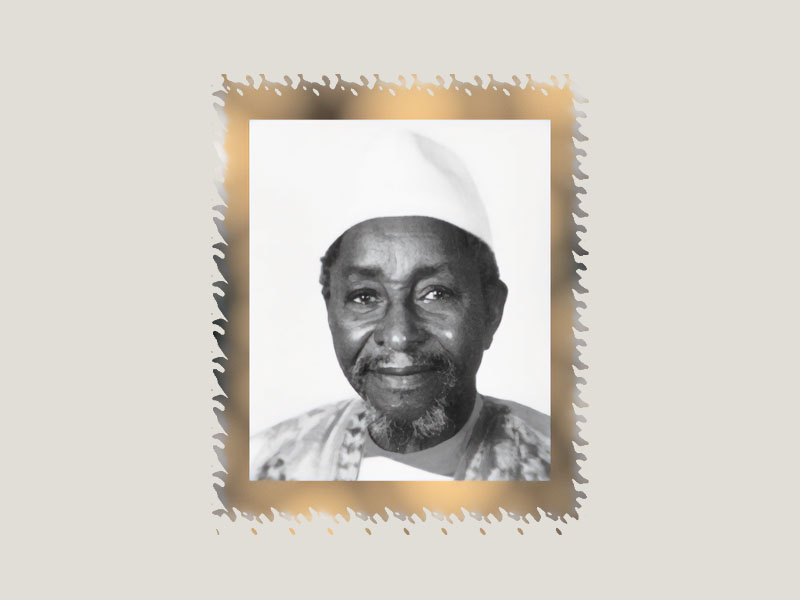Studying the African Folktale: Amadou Hampâté Bâ and African Oral Heritage
Issue 17

Ya’qub Al Muharraqi (Bahrain)
The collective memory has a great interest in beginnings and origins; this interest is made manifest in popular seasonal celebrations, rituals and oral narratives that make reference to the past.This study investigates how origins and beginnings are portrayed in popular narratives, and how origins and beginnings’ functions and meanings relate to collective memory and group identity. The study is based on the ethnographic oral code of the geographical and sociocultural space of Benzerte in the northeast of Tunisia.

Malian ethnologist, narrator and author Amadou Hampâté Bâ played an important role in introducing the world to African oral heritage, especially the folktales of West Africa. This paper focuses on his approach to the collection, transcription, translation, study, and analysis of African oral heritage, and on his role in protecting and preserving this heritage through his work with the Executive Board of UNESCO and other specialized scientific institutions. The paper also presents critics’ views of his approach, and the importance of his research in comparison to modern studies of African folktales.
When Amadou Hampâté Bâ made his famous statement, «In Africa, when an old man dies, it>s a library burning,» he was commenting on the loss of African oral heritage, which contributes to the historical components of humanity’s memory. The folktale is a key source of oral tradition, as are other forms of narrative and rituals that are considered essential components of cultural anthropology, ethnology and other humanities.
Amadou Hampâté Bâ explored the darkest and the most remote with courage and patience, he delved into investigating the idiosyncrasies of forgotten and celebrated tales, saying: “Listen,” says old Africa. “Everything speaks. Everything is speech. Everything around us imparts a mysterious enriching state of being. Learn to listen to silence, and you will discover that it is music.”
Amadou Hampâté Bâ was born in 1900 in the city of Bandiagara, the ancient capital of the Masina Empire in Mali.
In addition to being a writer, historian and ethnologist, he was a renowned poet and narrator of folktales, and an authority on the Bambara, on other neighboring cultures and on West African traditions.
In 1942, French scholar Théodore André Monod asked Amadou Hampâté Bâ to join the Institut Français d’Afrique Noire as a researcher; his first task was to carry out ethnological research and to collect oral heritage. He devoted fifteen years to researching and studying the Masina Empire, and he was one of the first African intellectuals to collect, transcribe, explain and popularize the richness of West Africa’s traditional oral literature; he collected and studied folktales, stories, poetry, legends and myths. He said, «I started to document my methodological observations in 1921 during my long journey to start my first job in Ouagadougou in Upper Volta (now Burkina Faso).”
In 1951, he received a UNESCO grant, which gave him the opportunity to meet people such as Marcel Griaule, who specialized in the study of African cultures. In 1960, after Mali became independent, Bâ founded the Institute of Human Sciences in Bamako and represented his country at UNESCO. In 1962, he was elected to UNESCO’s Executive Board. He was able to make the world aware of the urgent need to preserve oral heritage in Africa. In 1966, he co-founded a unified system for the transcription of African languages.
In 1970, after the end of his term on UNESCO’s board, he devoted his time to studying intangible heritage, particularly traditional stories, and he published a book on the subject in French. He also published books on history and wrote articles about religion; his autobiography was published in French in two volumes.
Amadou Hampâté Bâ passed away in 1991 in Abidjan, the capital of the Ivory Coast, leaving the world a library and an extensive archive to protect the wealth of knowledge that he had collected from fire, which he warned about repeatedly. He said that part of every speech is lost to fire; chaos can result from tiny sparks, just as a match can lead to a fire that destroys an entire village.




































































